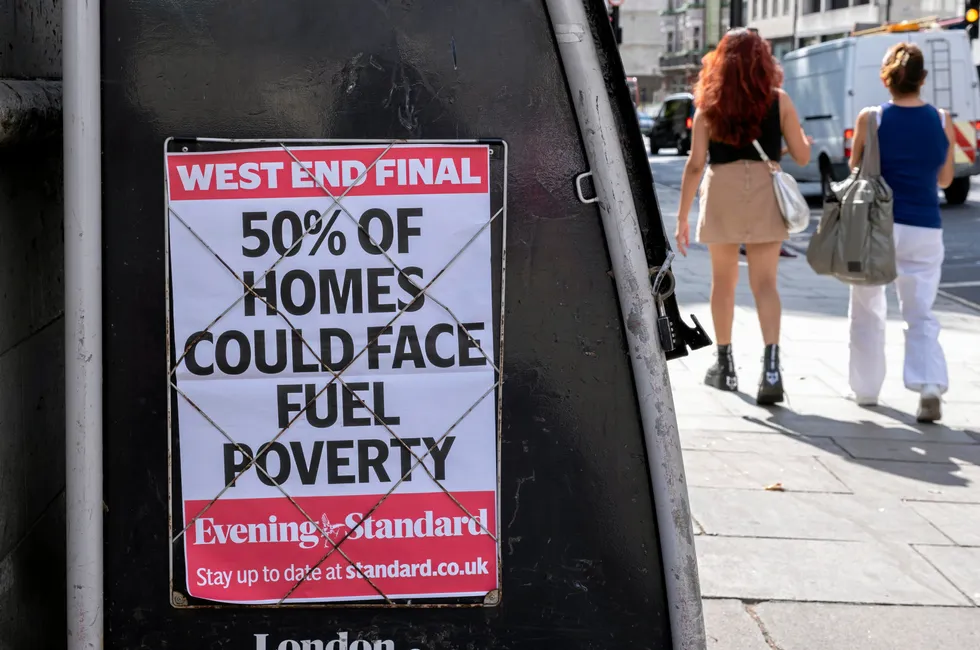Hydrogen blending | 'Raising energy bills during a cost of living crisis is the wrong way to develop industrial demand for H2'
Coalition of energy companies, think-tanks and charities points to hidden costs, misleading claims and greenwash in recent report from UK’s ‘hydrogen champion’
